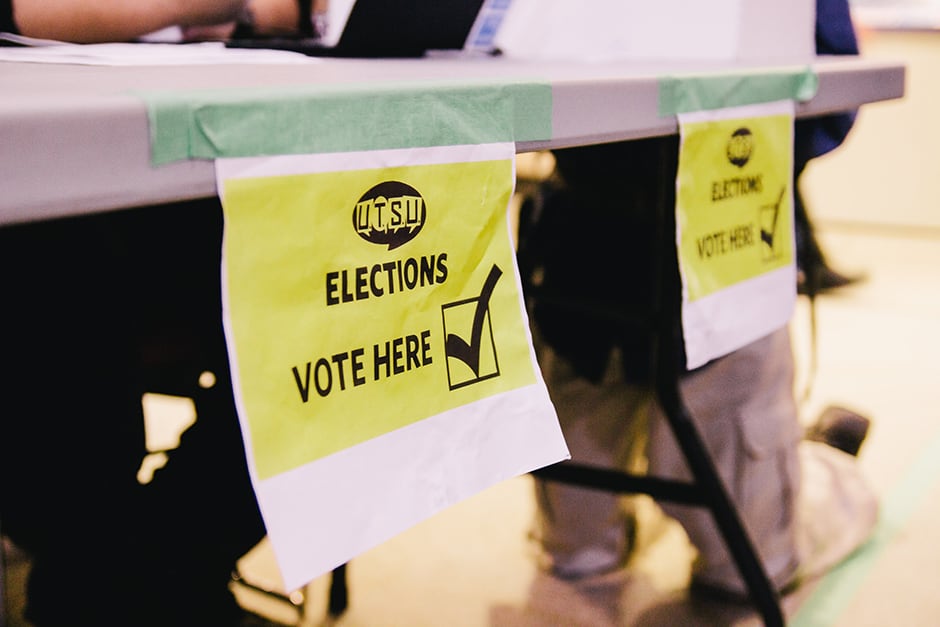Ryan Schwenger, an independent director candidate for the Faculty of Kinesiology and Physical Education, was disqualified after submitting his campaign expenses. The Chief Returning Officer (CRO) found that Schwenger had spent $11 over the $100 limit for director candidates. According to Schwenger, he informed the printer that his budget was $100 and that expenses were calculated before adding tax.
Schwenger states, that because he has roughly $50 worth of undistributed campaign material in his possession, won his election with 77 per cent of the vote, as well as for the reason that he does not consider himself directly at fault for the incurred taxes, he believes his disqualification was unjustified. Although he supports respecting policies, Schwenger distinguishes between the letter — and spirit — of the Elections Procedure Code (EPC) under which he was disqualified.
“The Code is intended to be read and interpreted in a manner which best serves the interest of the Union’s Members,” Schwenger says of the Elections and Referenda Committee’s decision to uphold the CRO’s decision to disqualify him. “My faculty’s members are now being represented by someone that they didn’t elect.”
Schwenger cites the slate system as the source of his financial difficulties in the election. Speculating, Schwenger suggests that if he had run with a slate — rather than independently — the costs of printing campaign material would have been significantly less expensive.
“The slating system definitely gives you an advantage through bulk purchasing discounts, which is not fair,” says Ben Coleman, the president of the UTSU. He adds that Brighter UofT’s Board of Directors’ candidates’ posters cost half as much as the independent candidates’ posters.
ZiJian Yang, the chair of the Elections and Referenda Committee (ERC), says that he is aware of the concerns surrounding the cost of campaigning and the maximum spending limits imposed on candidates. Yang states that there are grants available that are accessible to all candidates. “The rules around the grants are quite stringent, so that we will not encounter cases where candidates disappear with the grant,” he says.
In terms of the maximum spending limit, Yang said that he is amenable to policy change that would alter the limit’s exact sum; however, he acknowledges that: “lines still must be drawn. Even if the limit for board members is raised to $200, if they spent $201 then that would still instantly disqualify them.”


